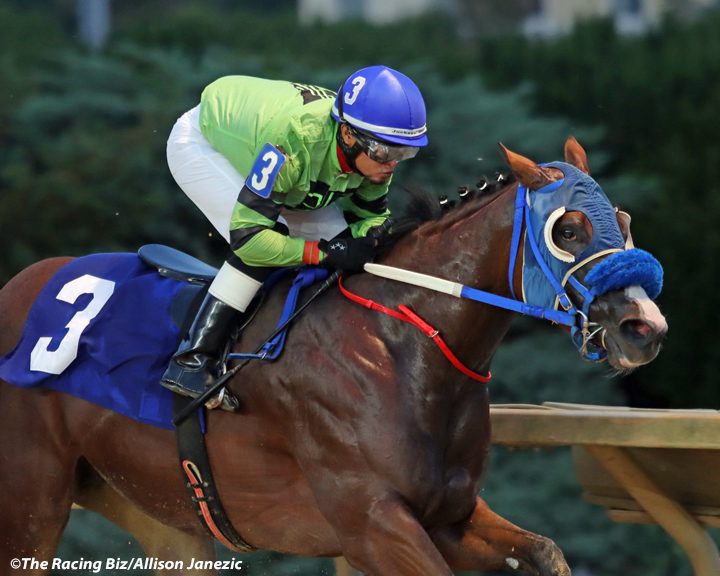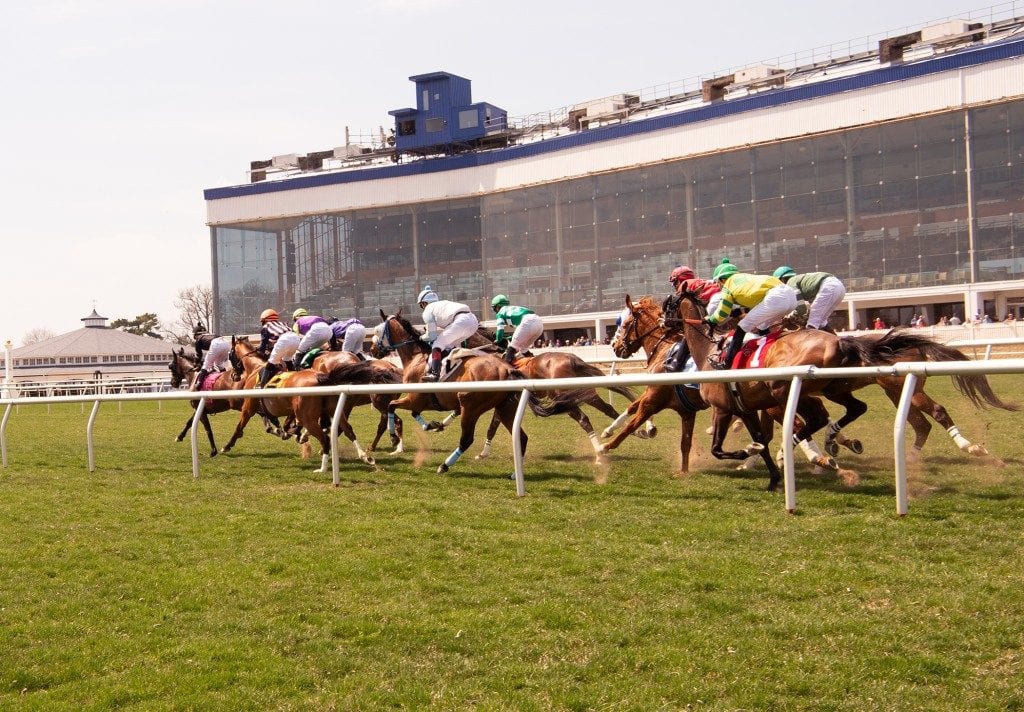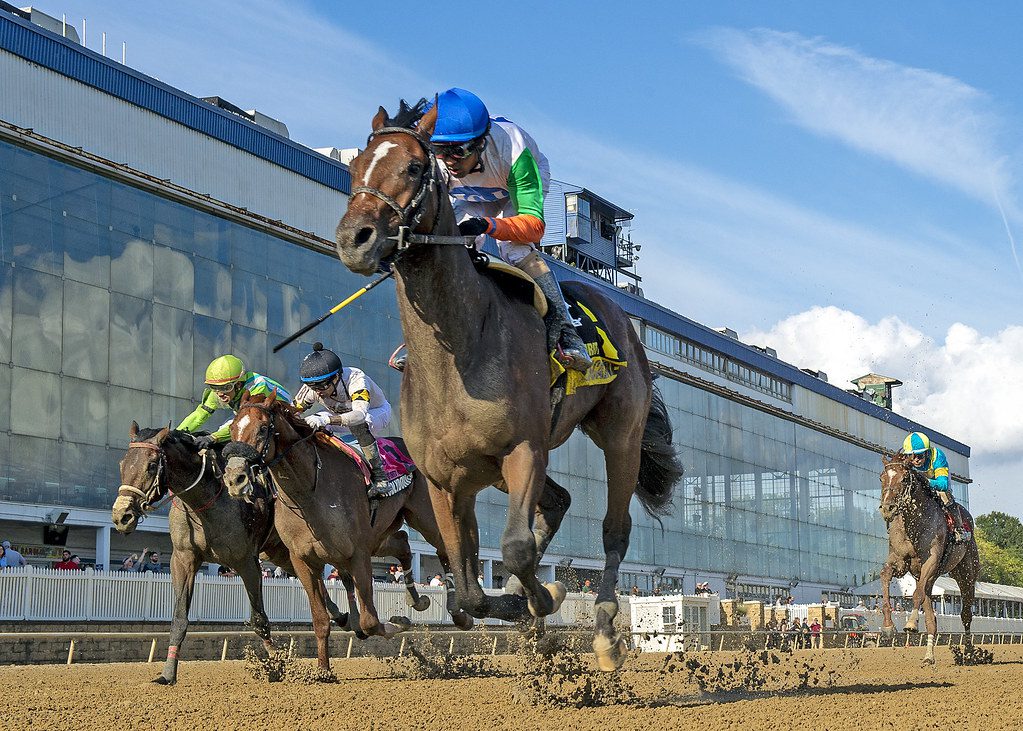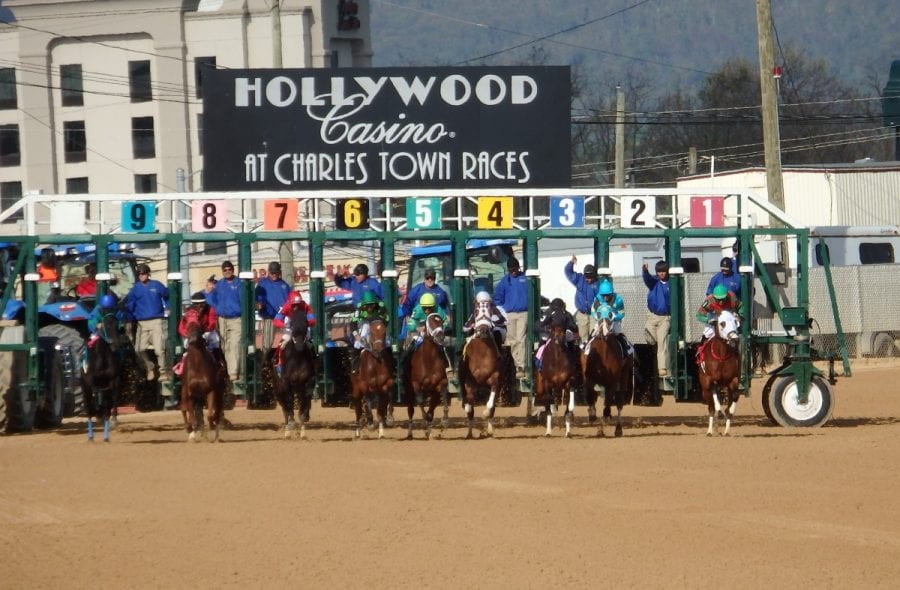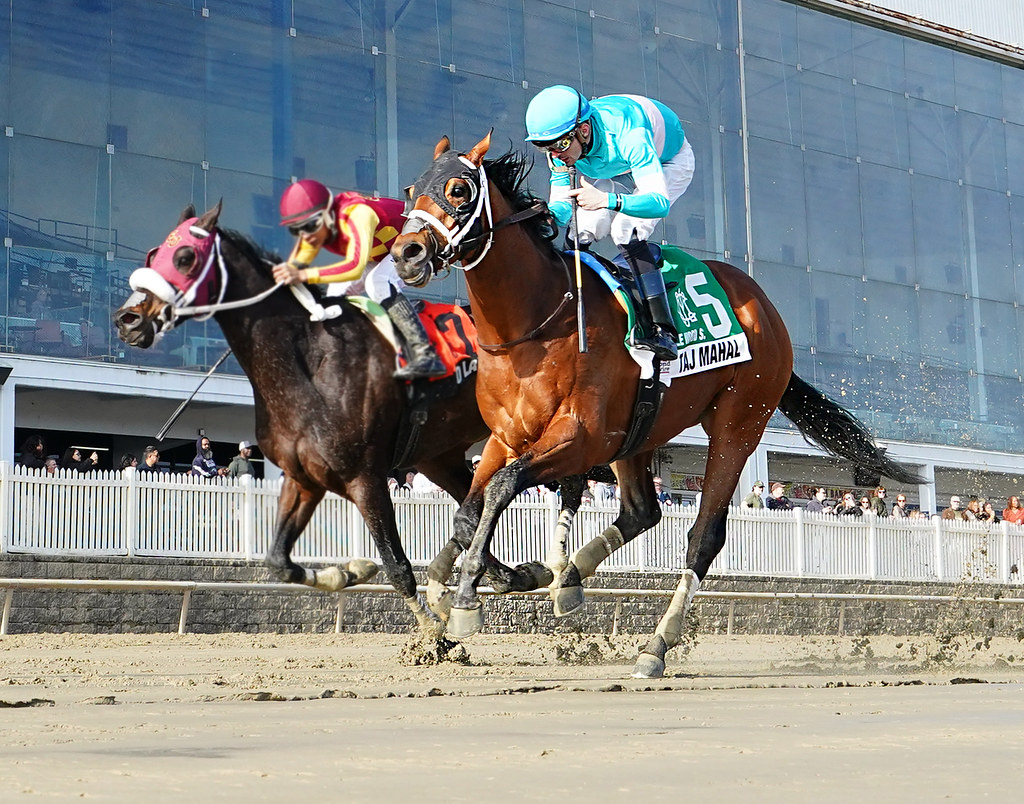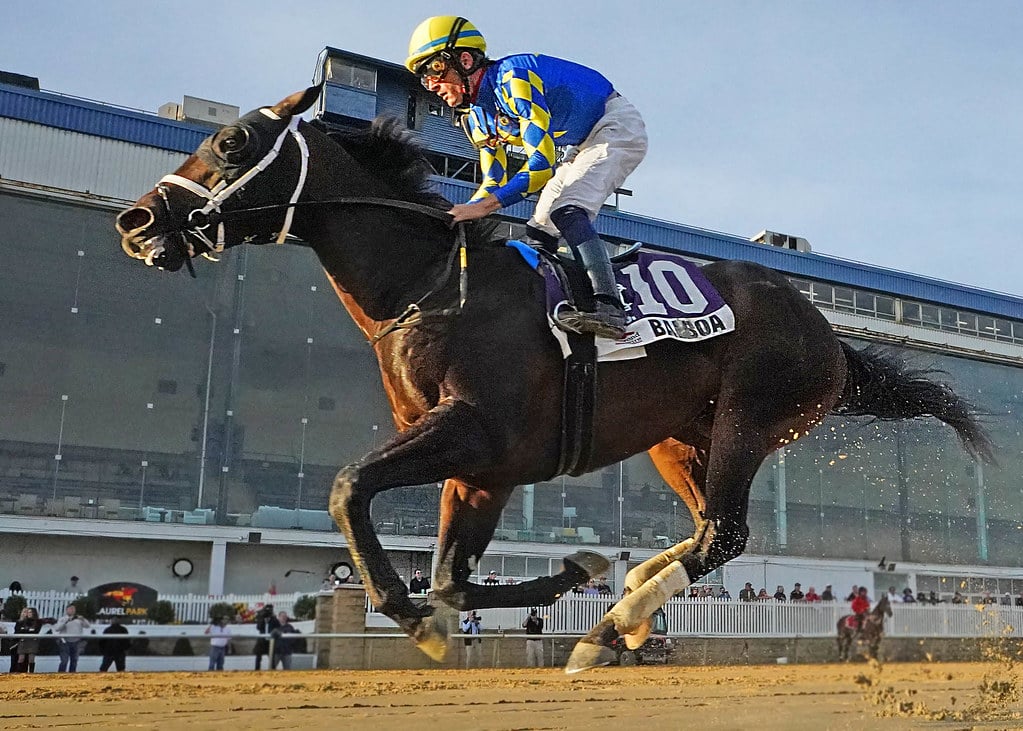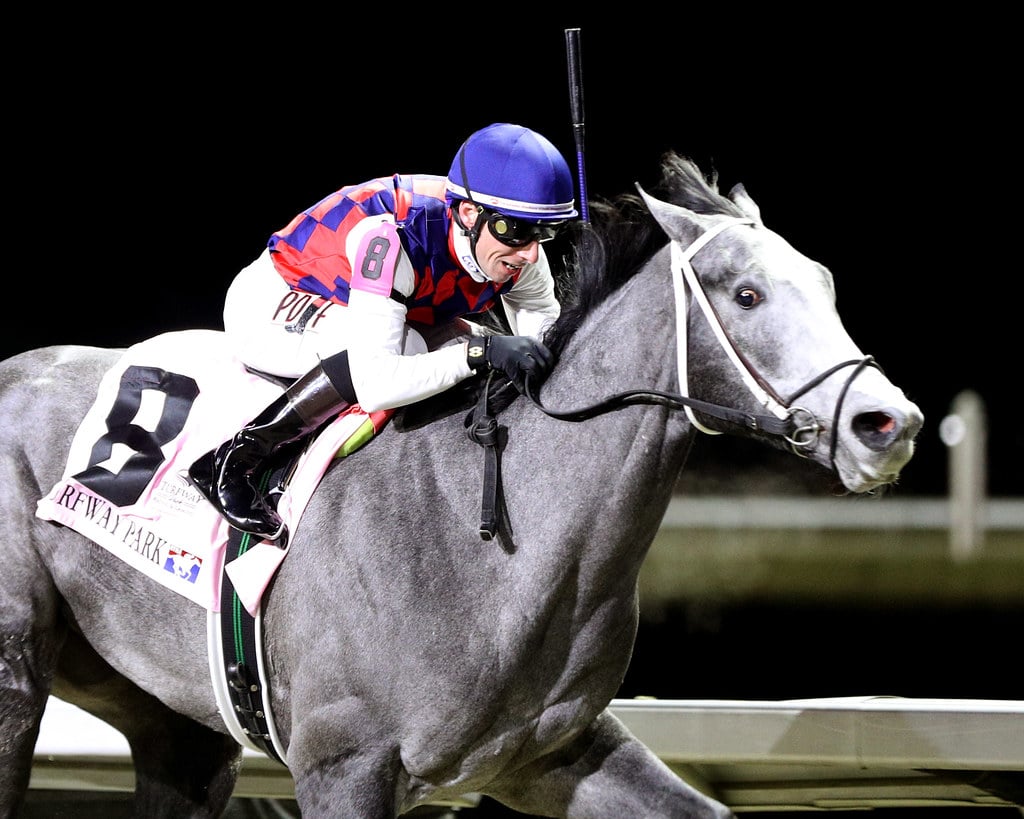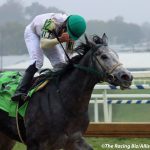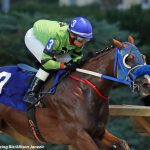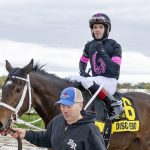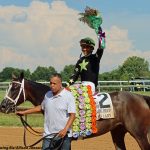De Francis Dash “a lasting tribute”
Live long enough, and you’ll see just about everything. Including, apparently, your own work described as “historic.”
That’s how Joe De Francis sees it, anyway. De Francis was in charge of the Maryland Jockey Club following his father Frank’s 1989 passing, and, with his sister Karin De Francis, was a driving force in creating the race named in their dad’s honor. The Frank J. De Francis Memorial Dash will take place for the 34th time on Saturday at Laurel Park.
“When Laurel issued the press release announcing the date of the [2025] race and the purse increase, the headline said, ‘the historic Frank J. De Francis Memorial Dash,’” De Francis laughed in a recent interview. “I said to Karin, ‘You don’t realize how old we get.’ I remember designing it, and now it’s considered historic.”
The first De Francis took place at Pimlico a year to the day after the elder De Francis’ passing, on August 18, 1990. Northern Wolf, a Maryland-bred trained by Hank Allen, scored the upset, winning in a then-track record time of 1:09 flat for six furlongs.
“If there’s one [De Francis] that really stuck out, it was the very first one with Northern Wolf,” De Francis said. “You know, it was a local horse trained by Hank Allen, a Maryland guy. So that one still stands out very differently in my memory.”
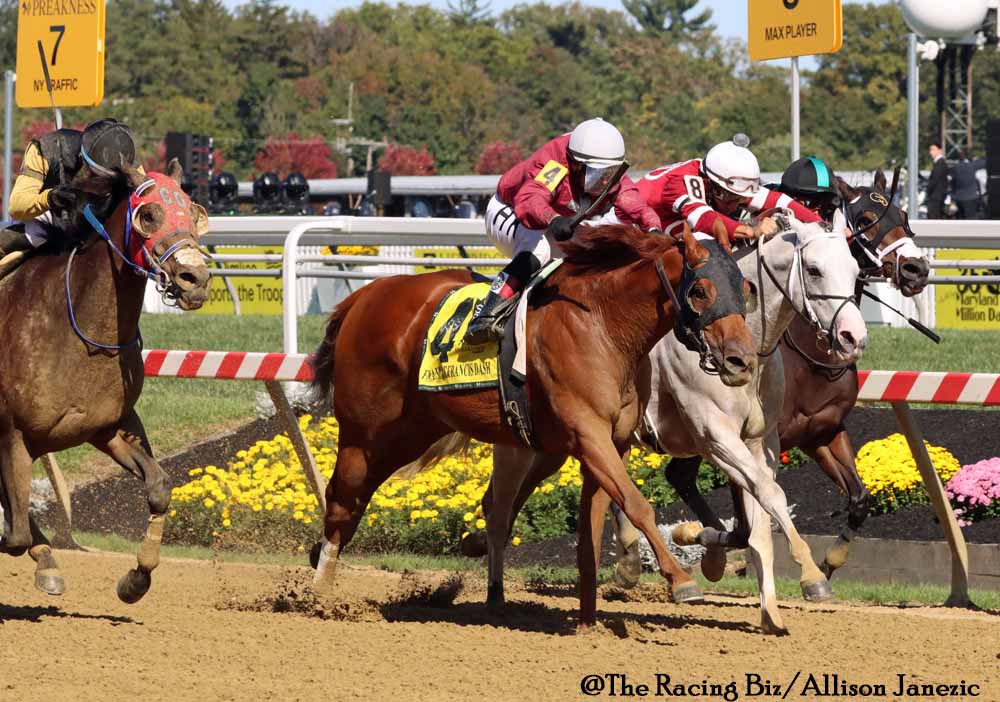
In those early years, things went pretty much exactly to plan for the race, which attained graded status in 1992 and became a Grade 1 in 1999. That first year’s field included Safely Kept, the Maryland-bred filly who had been named champion sprinter of 1989 and went on to earn election to racing’s Hall of Fame. The next year’s edition, shifted to its longtime home of Laurel Park, went to 1991 sprint champion Housebuster.
More champions followed: Cherokee Run and Smoke Glacken in 1994 and 1997, respectively, when the race was run in the summer. Then, after it switched to a post-Breeders’ Cup slot, it regularly attracted Breeders’ Cup Sprint runners. In 2006, Thor’s Echo parlayed a win in the Breeders’ Cup and a follow-up victory in the De Francis into an Eclipse Award, the fourth won by a De Francis winner in just 17 years.
“I remember vividly all the work that we did back in 1990 after he passed to create the race,” De Francis said. “We wanted to have something that would be a meaningful race on the calendar and a lasting tribute to him.”
The formula is easy to explain, even if executing it can be challenging: find a good spot on the calendar and put real money behind the race. During those years, the De Francis purse, typically $300,000, was just about as rich as that of any sprint race outside the Breeders’ Cup. A similar strategy turned the Pimlico Special into a key Grade 1 race during that same period.
But even by the time of Thor’s Echo’s win, the storm clouds were gathering. Maryland racing – then with no gaming support for purses – was besieged on all sides by tracks with slots-fueled purses. The De Francis was not run in 2008 or 2010, losing its graded status.
Since its return to the schedule in 2011, the race has been a bit of a vagabond. Prior to Saturday, it’s taken place in July, September, October, and November, as early as July 16 and as late as November 19. Its purse has fluctuated from as little as $150,000 to as much as $350,000 – not quite the eye-opener it was in 1990.
And it has been mostly ungraded, though from 2016 to 2021 it was a Grade 3.
“There’s a lot of races that used to be great races that aren’t great anymore,” De Francis observed. “It’s disappointing that this race, of all races, has to fall into that category. But, you know, there’s an old saying from poker that has served me well throughout the course of my life: you gotta play the hand they deal you.”
That’s true. And as De Francis sees it, brighter days could be on the horizon. The state’s uniting behind a plan to renovate Pimlico, build a training center, and put the industry in charge of its own future suggests a way forward. New Maryland Jockey Club head Bill Knauf has said he believes it’s important to strengthen the company’s stakes program and rebuild its graded stakes.
“The single hardest thing in life for anyone’s process is change. But having said that, the second hardest thing, I think, is to process, when there is change, reflecting on how that change is relative to the viable possibilities, as opposed to what perfection might be, or what the past was,” the track’s former owner said. “What we’re really looking at is this plan or going away. And so, everybody should get together and support this plan and pull behind it and make it successful.”
LATEST NEWS



